Fredrik Ullen - George Flynn: Trinity (2007) Hi-Res
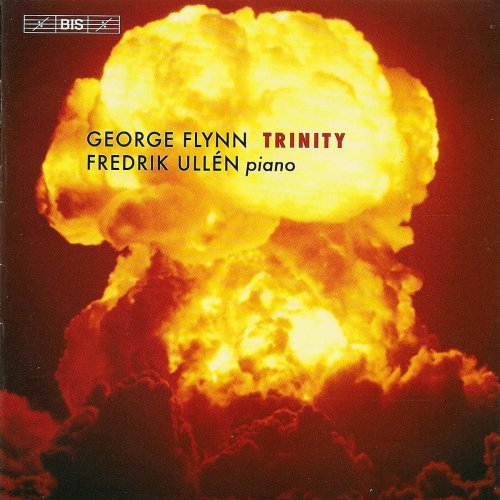
Artist: Fredrik Ullen
Title: George Flynn: Trinity
Year Of Release: 2007
Label: BIS
Genre: Classical
Quality: FLAC 24bit-44.1kHz / FLAC (tracks) / Mp3 320 kbps
Total Time: 01:54:34
Total Size: 943 / 402 / 291 Mb
WebSite: Album Preview
Tracklist: Title: George Flynn: Trinity
Year Of Release: 2007
Label: BIS
Genre: Classical
Quality: FLAC 24bit-44.1kHz / FLAC (tracks) / Mp3 320 kbps
Total Time: 01:54:34
Total Size: 943 / 402 / 291 Mb
WebSite: Album Preview
CD 1
Kanal 47'59
01 Section A 8'45
02 Section B 6'13
03 Section C 7'09
04 Section D 8'08
05 Section D cont. 17'44
Wound 26'14
06 Spike I 6'58
07 Spike II 7'24
08 Spike III 11'52
CD 2
Salvage 39'29
01 Introduction – meditative 9'55
02 Roiling, turbulent 5'00
03 Variation(s) 6'02
04 First meditation 5'18
05 Second meditation 5'42
06 Third meditation 7'32
Performers:
Fredrik Ullén, piano
Swedish pianist Fredrik Ullén is already making a name for himself as a pianist who specializes in playing hyper-difficult, unplayable kinds of piano works through his success with Sorabji's mind-bending 100 Transcendental Studies. Relatively few might have expected Ullén's next salvo would be to pick up the cudgel of George Flynn, Chicago-based composer whose work stretches back decades but remains little known in Europe, and indeed, even at home. Flynn is a composer who never takes the easy way out; his music is highly individual, non-systematic; his catalog of pieces small and heavily worked through; and his personal idiom completely uncompromising. Flynn himself has long been established as the primary interpreter of his own work; however, there is no reason why Flynn's highly detailed and specific scores should not be interpreted by others. BIS' George Flynn: Trinity brings together the three works in Flynn's major piano cycle and puts them under Ullén's capable hands with startling and compelling results.
Trinity was a project that kept Flynn busy some 25 years, starting with "Wound," perhaps Flynn's most famous piano piece, composed in 1968 as a reaction to the Vietnam War. Kanal -- in this context meaning the Polish word for "sewer" and inspired by Andrej Wajda's 1957 film of that name -- followed in 1976; the final movement, "Salvage," was not completed until 1993. In a certain sense, Trinity is a reflection on the Cold War, its politics and dynamics, and the choice of an exploding atom bomb for the front cover is an apt one -- this was the projected outcome of the Cold War, which was consumed with the activity of "simultaneously preventing and preparing for war," to paraphrase Albert Einstein. Flynn's music is highly virtuosic and is at times quite thorny -- especially in "Wound" -- but it is never distant or distracted; it is highly involved both emotionally and intellectually, and to listeners able to get past Flynn's foreboding and complex tonal idiom, it should prove engrossing. There is an element of the romantic in Flynn, but not of the reflexive kind; it is felt in the expressiveness of the writing, which is very pianistic, and in the sheer amount of passion he pours into every bar of this music. Ullén's readings are interesting, of professional grade, and emphasize a flowing quality in the music that is highly attractive, perhaps the performance of "Salvage" is the best example.
Another interesting feature of this package is that on the second disc one will fill find a .pdf file of the entire score of Trinity -- many, many pages of carefully worked out score -- and to music-reading-enabled persons who find it difficult to make their way in this work, the .pdf will prove a godsend. George Flynn does not write his music to suit mass tastes, or even the tastes most common to the conservatory; it is bold, visionary music that has to be approached on its own terms. In BIS' George Flynn: Trinity, Ullén and BIS go the extra mile in making this significant cycle accessible to anyone stalwart enough to brave both its impressive peaks and to experience the devastation of its vast wastelands.
Trinity was a project that kept Flynn busy some 25 years, starting with "Wound," perhaps Flynn's most famous piano piece, composed in 1968 as a reaction to the Vietnam War. Kanal -- in this context meaning the Polish word for "sewer" and inspired by Andrej Wajda's 1957 film of that name -- followed in 1976; the final movement, "Salvage," was not completed until 1993. In a certain sense, Trinity is a reflection on the Cold War, its politics and dynamics, and the choice of an exploding atom bomb for the front cover is an apt one -- this was the projected outcome of the Cold War, which was consumed with the activity of "simultaneously preventing and preparing for war," to paraphrase Albert Einstein. Flynn's music is highly virtuosic and is at times quite thorny -- especially in "Wound" -- but it is never distant or distracted; it is highly involved both emotionally and intellectually, and to listeners able to get past Flynn's foreboding and complex tonal idiom, it should prove engrossing. There is an element of the romantic in Flynn, but not of the reflexive kind; it is felt in the expressiveness of the writing, which is very pianistic, and in the sheer amount of passion he pours into every bar of this music. Ullén's readings are interesting, of professional grade, and emphasize a flowing quality in the music that is highly attractive, perhaps the performance of "Salvage" is the best example.
Another interesting feature of this package is that on the second disc one will fill find a .pdf file of the entire score of Trinity -- many, many pages of carefully worked out score -- and to music-reading-enabled persons who find it difficult to make their way in this work, the .pdf will prove a godsend. George Flynn does not write his music to suit mass tastes, or even the tastes most common to the conservatory; it is bold, visionary music that has to be approached on its own terms. In BIS' George Flynn: Trinity, Ullén and BIS go the extra mile in making this significant cycle accessible to anyone stalwart enough to brave both its impressive peaks and to experience the devastation of its vast wastelands.
![John Abercrombie, Dave Holland & Jack DeJohnette - Gateway (1975/2025) [Hi-Res] John Abercrombie, Dave Holland & Jack DeJohnette - Gateway (1975/2025) [Hi-Res]](https://www.dibpic.com/uploads/posts/2025-12/1765471735_cover.jpg)

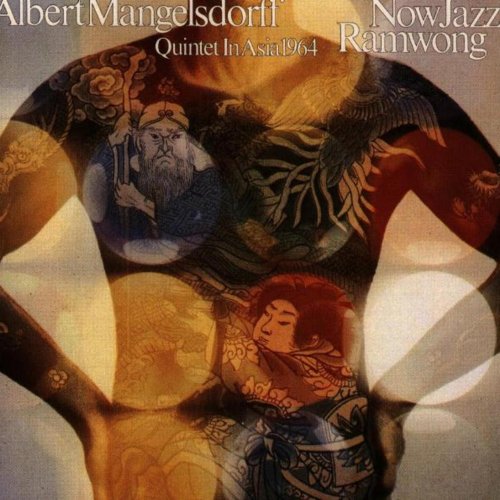
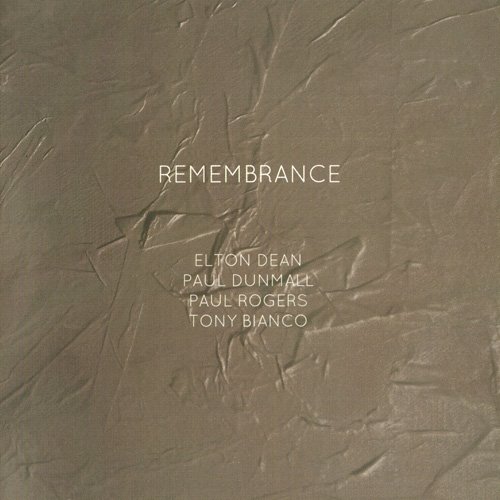
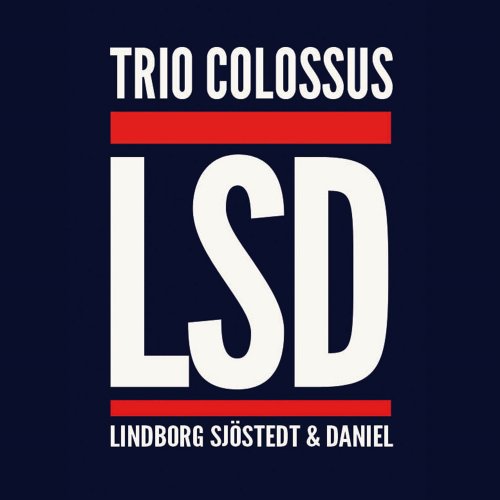
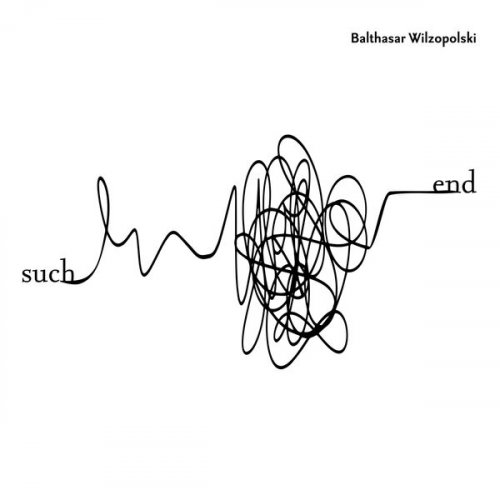
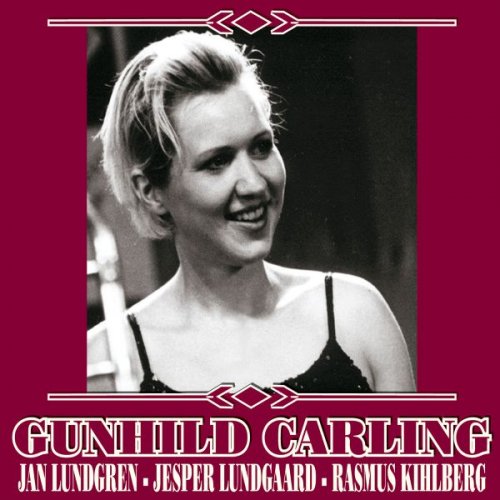
![Barend Tromp - Odd Time Concepts (2025) [Hi-Res] Barend Tromp - Odd Time Concepts (2025) [Hi-Res]](https://img.israbox.com/img/2025-12/10/xy47w1oe3bmesv2v1qwp5i0ce.jpg)
